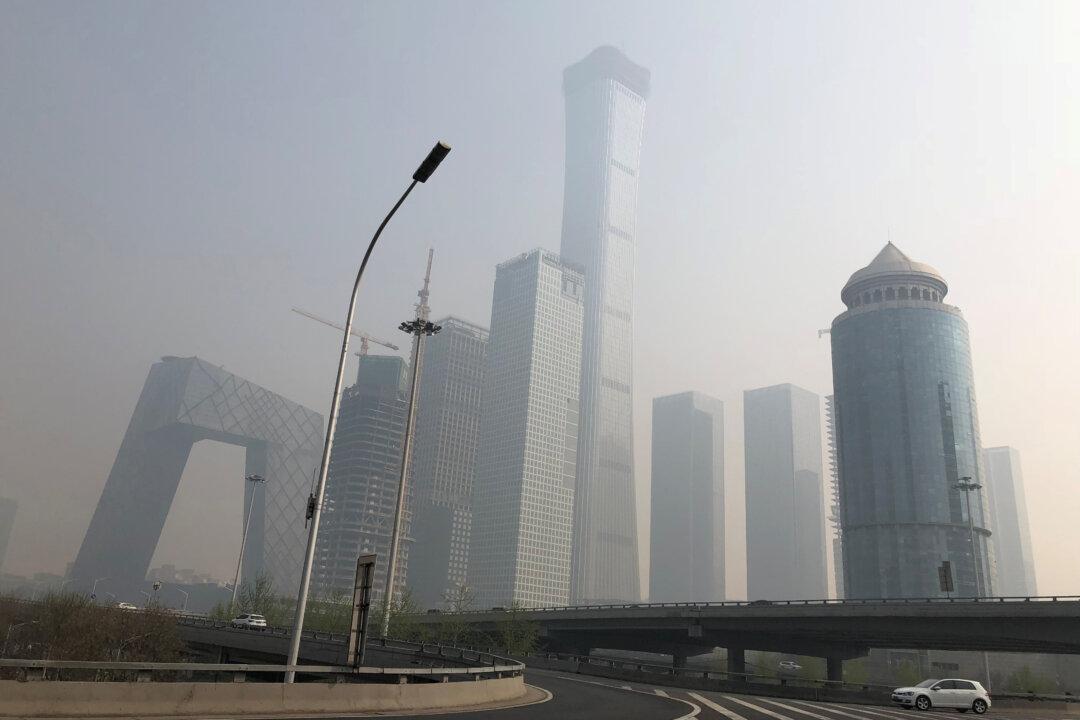The arrest of four British nationals and reported detention of an American executive in China amid volatile relations between the countries have sparked concern that Beijing is using hostage diplomacy to put pressure on the United States and the U.K.
Four Britons were arrested as part of a drug raid in the eastern Chinese province of Jiangsu, the British Embassy in Beijing said on July 12.





